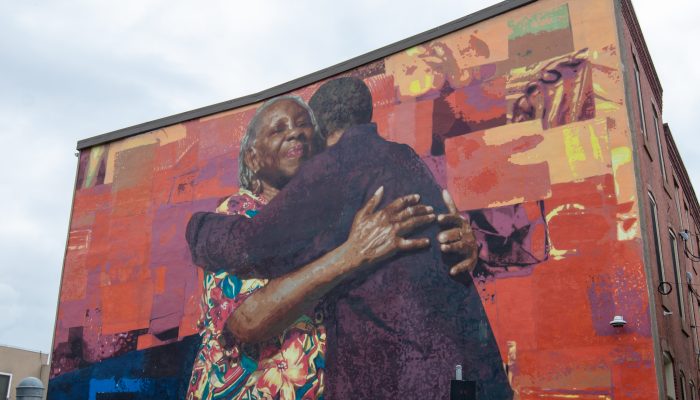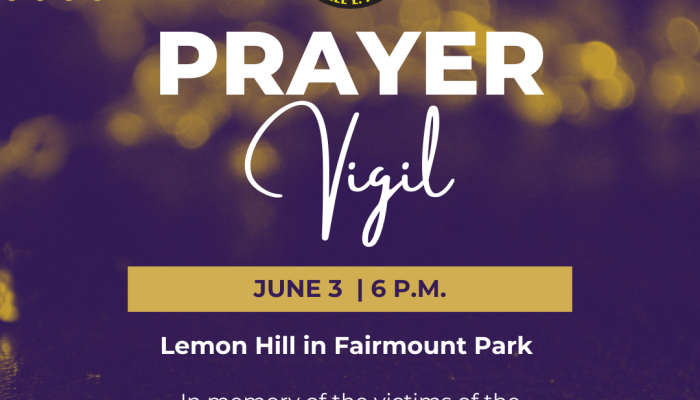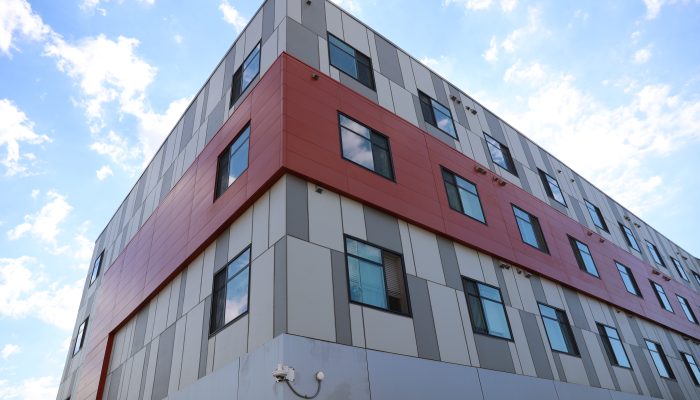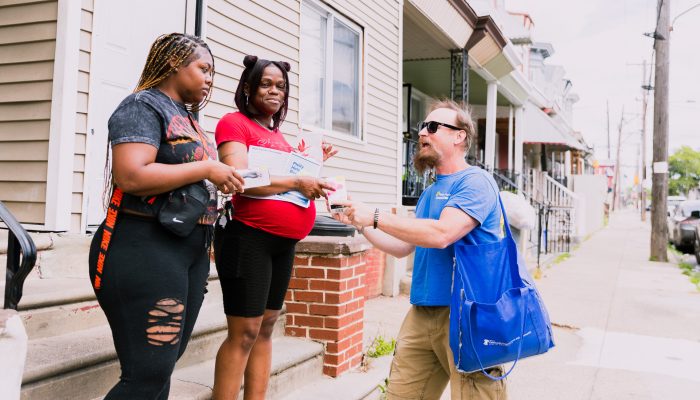Group Violence Intervention (GVI) is an evidence-based approach that aims to reduce a specific type of gun violence: violence that involves members of neighborhood groups.
Even in communities with high rates of violence, very few people are involved in homicides and shootings, and they are connected to each other through groups. According to the National Network of Safe Communities, members of these groups make up around just half of one percent of a city’s entire population but are involved in 60 percent of its homicide and gun violence. Shootings between and among these groups are typically not cleared by arrest because these individuals are among the least likely to cooperate with law enforcement. Instead of cooperating with law enforcement, shooting victims and their associates seek redress through retaliation. This contributes to a repeated cycle of violence.
GVI responds to these dynamics by:
- Directly engaging the half a percent of individuals connected to groups that are involved in gun violence.
- Creating new consequences for groups and group members in direct response to shootings whether the shooting is cleared by arrest or not.
- Interrupting the contagious effect of shootings by creating an incentive for individuals to discourage and resist violence to avoid promised consequences.
Adapting the model to the pandemic
Traditionally GVI is implemented by assembling a partnership of law enforcement, community representatives (such as parents of murdered children, street outreach workers, and people with lived experiences in the criminal justice system), and social service providers at a face-to-face meeting between group members and representatives of the GVI partnership. This meeting is known as a Call-In. Large in-person meetings were prohibited by the pandemic protocols so in August 2020, the City of Philadelphia launched a pandemic-modified version of the GVI strategy by creating Mobile Call-In Teams (MCITs)
The MCIT strategy began in the Southwest section of the city, then expanded into Central, followed by South, and then into the Northwest section of the city by March 2021.
The City is currently working to expand GVI to the remaining two police divisions, East and Northwest—including in the 24th and 25th Police Districts which have some of the highest rates of violence historically—so that GVI will be operating citywide. The expanded strategy will involve both MCITs and in-person Call-Ins as permitted.
GVI engagements
In total, the MCITs attempted to engage members of 75 different groups spread out over four different police divisions. Of those 75 groups, the teams succeeded in locating and engaging individual members of 56 groups.
To date, through mid-December 2021:
- 598 individual candidates have been identified for Mobile Call-In.
- Mobile Call-In Teams have conducted about 1,200 home visits, resulting in direct engagements with 302 individual members and 239 collateral contacts with family members or “influentials” of GVI Candidates.
Who are GVI participants?
- Individuals who have been arrested on average 6 or more times.
- The median age of individuals referred to GVI is 19.
- 96 percent of participants are black males, one percent are white males, one percent are Hispanic males, one percent are black females, one percent are white females, and less than one percent are Hispanic females.
- Of the individuals who accepted services, the average age was 24 (ranging from age 14 to 38) and 100 percent were African American.
- 32 percent of those who accepted services were shooting victims before any GVI Team engagement. After their first engagement, only six of those individuals or three percent of the total population served have been shooting victims.
Employment opportunities
GVI participants are given the opportunity to immediately enter employment, if they choose, through the Center for Employment Opportunity (CEO). CEO guarantees every participant who completes a one-week job-readiness orientation up to four days a week of transitional work on a crew with daily pay. Individuals who show up and complete orientation also receive an immediate $100 payment. Wage rates start at $11.75 for the transitional work but move up to $14-18/hour in the permanent positions.
Out of all of those individuals who have accepted services:
- 147 individuals are receiving GVI Case Management.
- 104 of these are receiving additional services.
- 89 of these have been connected to employment.
GVI formal evaluation
Reducing violence is crucial to creating healthy, safe, and equitable communities for all Philadelphians. A rigorous evaluation of the current GVI implementation in Philadelphia will help assess whether the implementation has achieved its primary goal of reducing violence and help determine how to continue to improve its effectiveness.
The University of Pennsylvania is conducting empirical evaluations of the current GVI implementation in Philadelphia. The evaluation will test the effect of GVI as a violence reduction strategy in Philadelphia. The evaluation is anticipated for completion in late 2022 or early 2023.




